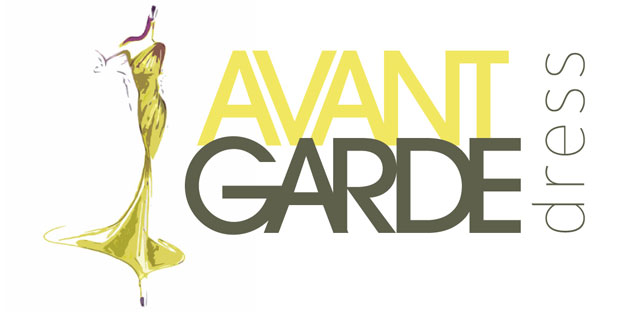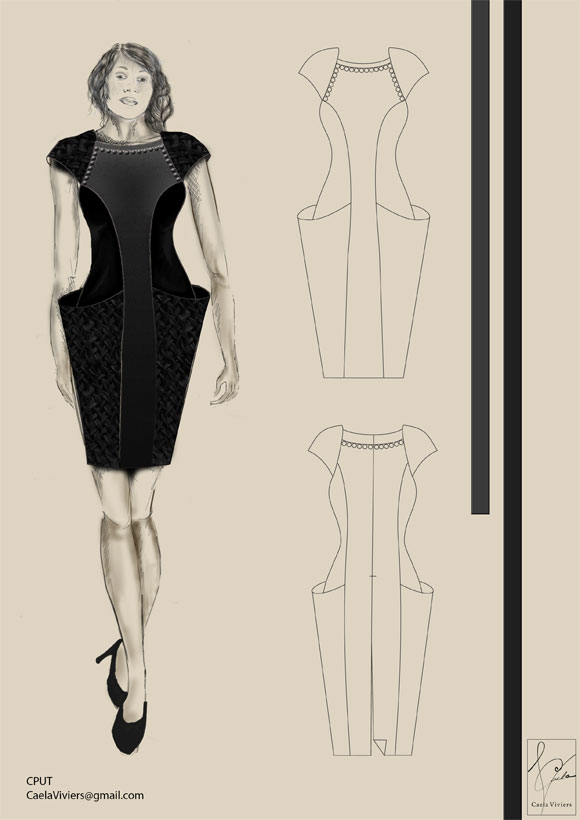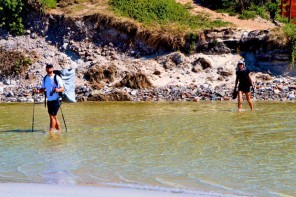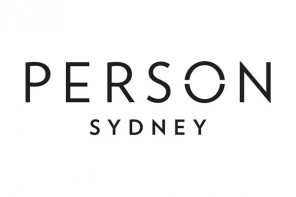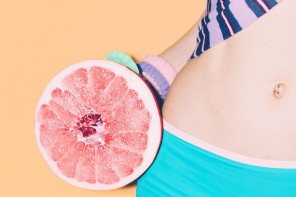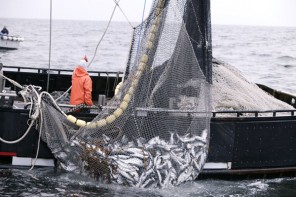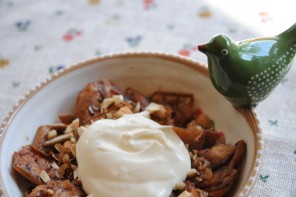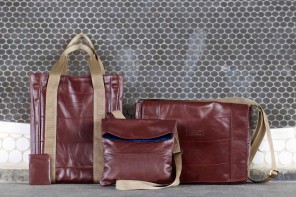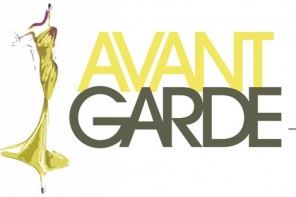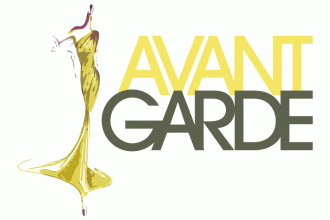Over the next few weeks we’ll be introducing you to this year’s Avant Garde dress Top 10 finalists. First up is Caela Viviers from CPUT.
Meet Caela…
What was your initial reaction to hearing the news that you had made the cut?
I was sitting outside the lecture hall before a test and a friend came up to me and congratulated me, I was initially confused and asked what for… when she told me I had made it to the top ten I was excited and happy.
Tell us a little more about your ‘RESILIENCE’ look. What inspired you?
I love classic, timeless silhouettes, as well as modern, Avant Garde designs, and I am particularly interested in fabric manipulations at the moment so I wanted to combine these elements into a design. The main inspiration for the dress came from the image of a tree where the roots had grown over paving taking on a woven looking shape. I was inspired by the resilience of the tree and its ability to adapt to suit its situation.
What challenges have you experienced by adhering to the competition principles of up cycling and only using eco-friendly dyeing techniques?
One of the main challenges for me has been finding second-hand garments that have enough fabric for the outer panels of the design as I need quite a large piece since the size shrinks considerably due to the manipulation. I also found it challenging to find shades of black that matched up so that the garment would not look like it was scraped together from scraps of leftover fabric.
One thing we should know about you as a designer?
I believe in style rather than trends and fads – don’t do something just because that’s what everyone else is doing. Do it because it means something to you. I work hard and I am driven in what I do, once I have set my mind to something I will not give up.
What did you want to be growing up?
As a child I wanted to be a teacher and as a teenager I wanted to be an artist.
Name one local designer who inspires you? And internationally?
I find Suzaan Heyns and very inspiring. Internationally it’s a tough choice between Chinese born, Paris based designer Yiging Yin and Dutch designer Iris Van Herpen.
Do you currently make sustainable choices when it comes to fashion? What, in your view as a consumer, are the challenges to making sustainable fashion choices locally?
I feel that I am conscious of the environment and sustainability in fashion, I shop for second hand clothing and try to be as conscious as possible of what I buy, however to be fair I have also bought my fair share of imported, mass produced clothing. I think availability as well as the range of clothing (fashionability) and price are major challenges when shopping locally for sustainable fashion choices.
Why do you think there are so few ethically and eco-minded designers locally?
I think it takes more time and money to develop ethical and eco-friendly products than it does to just mass produce synthetic, mainstream products. I also don’t think that there is much pressure from the public (yet) in South Africa for products to be ethical and eco-friendly and as long as people are buying the products and they are make money, companies will continue to produce what is in demand… Changes need to be made and more information given to the public regarding ethical and eco-friendly fashion… In which case informed decisions can be made and the demand for eco-friendly and ethically fashion increased.
I can’t start my day without…
A strong cup of coffee (Cliché but very necessary)
Currently playing on your iPod…
Bastille (album: “Bad Blood”)
My own style is…
Feminine with classic elements and is sometimes somewhat quirky.
Name 5 celebs (dead or alive) you would most like to invite over for a dinner party?
Alexa Chung, Audrey Hepburn, Leonardo Da Vinci, Richard Avedon and Zooey Deschanel.
Best advice you’ve ever been given?
Fully believe in yourself and your work.
Current obsession?
Fabric Manipulations (I am reading the “Pattern Magic” books by Tomoko Nakamichi). Also Pinterest… It’s addictive.
Top tip when it comes to upcycling?
Choose garments with sizeable amounts of fabric that can be used again. Seams, zips and pockets all affect the amount of useable fabric.

